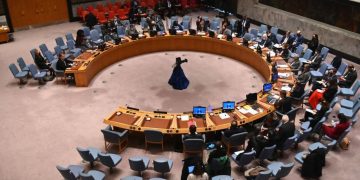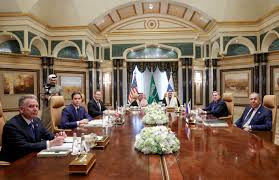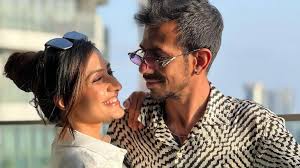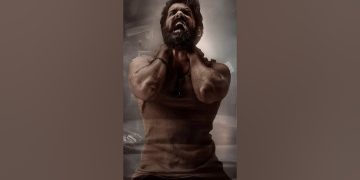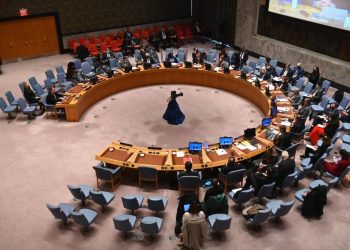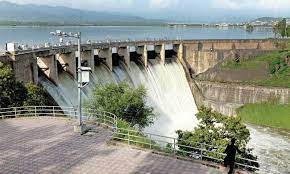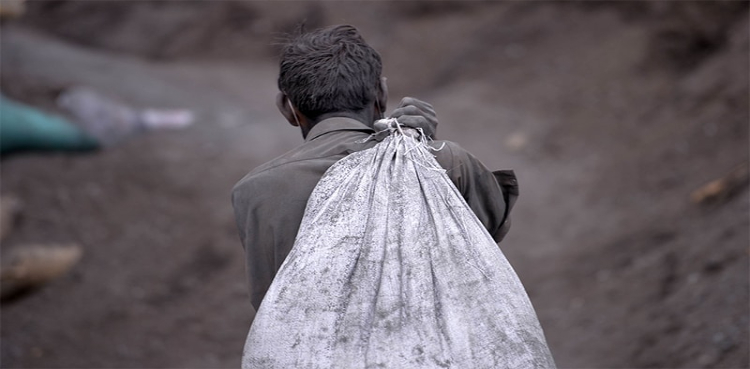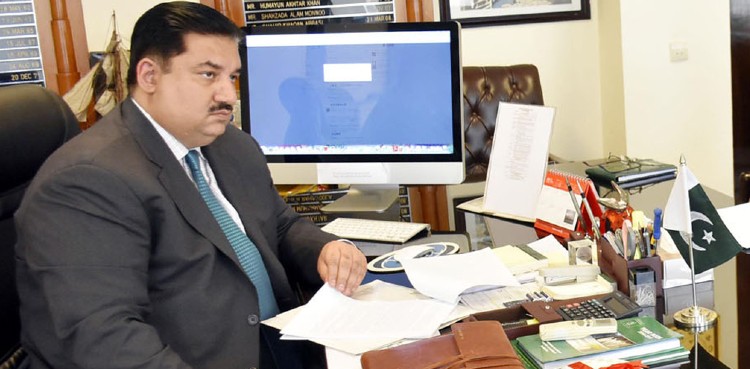By: Malaika Chishty
Zulifikar Ali Bhutto, considered one of the trailblazers of democracy in Pakistan and its first civilian president died on this day 42 years ago, but what is considered the darkest chapter of Pakistan’s political history still haunts the nation to this day.
Bhutto was born in Larkana of Rajput descent and got an education at a school in Bombay then studied at the University of California (1950), Christ Church, Oxford (1952), and qualified as a barrister from Lincoln’s Inn (1953). Starting his career by teaching international law at the University of Southampton (1952–53) but returned to Pakistan in 1953 to practice and teach law at the University of Sindh (1953–58).
He entered politics in 1957, as a leader of Pakistan’s delegation to the United Nations General Assembly. The same year he became minister of commerce under President Ayub Khan. In 1962 he became deputy head of the Muslim League and by 1963 when he was made foreign minister. In 1967, he established Pakistan People’s Party that denounced Ayub Khan’s regime, demanding his resignation.
Bhutto hailed as a farsighted politician, a great asset to the Muslim Ummah who went all out and strove against capitalistic policies of the west by using the model of ‘Islamic Socialism. He also gained fame as a people person who genuinely cared for the struggles of the downtrodden and wanted to improve their living standards.
He tried to unite the Muslim Ummah and to bring Muslim leaders closer he held a sought-after OIC conference in Lahore.
His tenure saw exemplary diplomatic relations with numerous neighboring and powerful countries of the world including Russia and China. He was known as a draughtsman of the all-important Pak-China relationship.
He established a good relationship with USSR and the Pakistan Steel-Mills, which was a massive undertaking, came into fruition due to his efforts and Russian ingenuity.
He removed Pakistan from under the umbrella of NATO and directed it towards non-align countries. Bhutto also played a pivotal role in kick-starting Pakistan’s nuclear program. The current constitution of the country got drafted and passed in 1973 under the guidance of Bhutto.
Where Bhutto enjoys much praise and fame four decades after his death, some of his policies were and are not so popular among the masses and the political leadership. Some examples include nationalizing missionary institutes, privatization of banks, industries, etc.
After Ayub Khan stepped down, elections were held in 1970. Zulfikar Ali Bhutto’s PPP got much support from West Pakistan but it wasn’t comparable to the support that had been garnered by his opponent in East Pakistan, Sheikh Mujib’s Awami League got twice as many votes as PPP.
He refused to accept an Awami League government and demanded that Sheikh Mujib form a coalition with the PPP. Sheikh Mujib didn’t accept this proposal and declared independence. This resulted in violence and a civil war, which eventually led to the emergence of Bangladesh as an independent state, East Pakistan, was now defunct.
The monumental events resulted in the stepping down of President Yahya Khan and Bhutto became the President and the first civilian Chief Martial Law Administrator of Pakistan on December 20, 1971, the most powerful man of West Pakistan.
He formed a new Constitution for the country, changing it from a presidential system to a parliamentary one securing 108 votes from 146 parliamentarians; he consequently took up the position of the Prime Minister of Pakistan on August 14, 1973. In 1977, opposition parties formed Pakistan National Alliance (PNA). Bhutto called for elections and PNA lost, it was claimed that the elections were rigged; PNA boycotted provisional elections and claimed that the PPP government was illegitimate.
Fresh elections were called; Bhutto was arrested on July 5, 1977, under the order of General Zia-ul-Haq. Martial law is enforced in Pakistan. Bhutto gets arrested under the charge of conspiring and planning the murder of opposition leader Ahmad Raza Kasuri’s father. Bhutto was held guilty of murder and was sentenced to death on April 4, 1979, at Central Jail, Rawalpindi.
Zulfikar Ali Bhutto, a champion of democracy, the nation’s leader had paid a heavy price for his policies that gathered socialists, leftists, Marxist-communists under one political agenda along with ambitious foreign policy objectives that remained a hallmark of his leadership.


